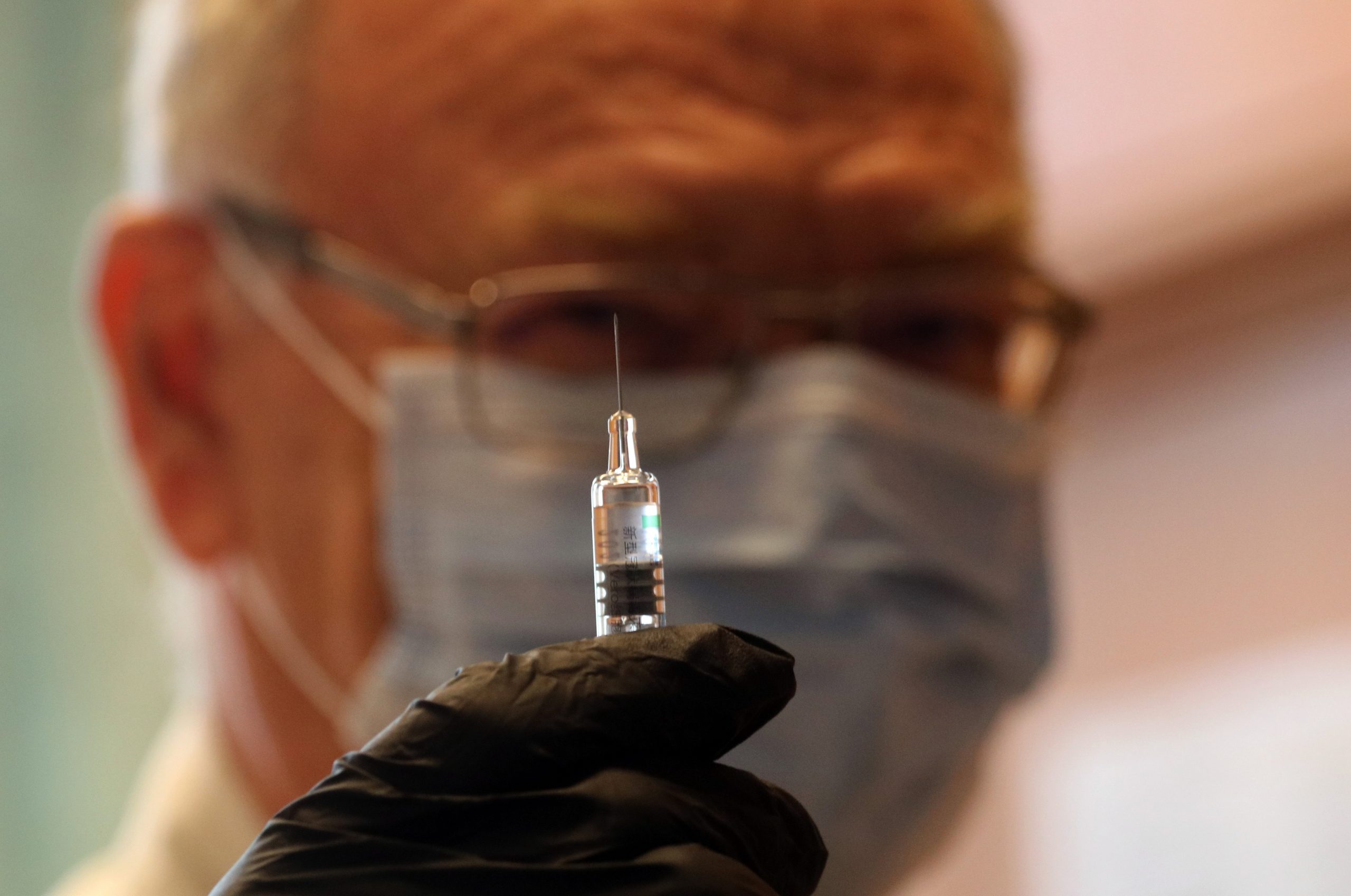
Personal persuasion and a reward system would work better in the long term, but there would still be many who will refuse to get vaccinated, a union leader said.Continue reading

The list of companies announcing that they won’t be imposing compulsory vaccination is growing, while there still isn’t one company committed to introducing the special mandate. Amid perplexity and uproar, many point to employee shortages, while others are criticizing the government for their lack of accountability. In the latest news, the Orbán administration might consider revoking the bill.
Many employers risk losing important staff in times when employee shortages have again become an ever-growing problem. Economic investigative site G7 highlights that Hungary’s overall vaccination rate (roughly 70%) more or less corresponds to the rates in companies, in which case it would be extremely difficult to make up for lost staff- especially when back-up staff must be vaccinated, and a large part of those currently unemployed aren’t in fact vaccinated as well.
Neither the Hungarian Trade Union Confederation (MASZSZ), nor the Democratic League of Free Trade Unions (LIGA) reported that any of the companies belonging to them would introduce compulsory vaccination. LIGA president, Melinda Mészáros, claimed that companies would rather prefer to use positive motivation, such as education and persuasion, while many in automotive and food industries tend to motivate employees with additional benefits.
“Amid the current labor market situation, no company would risk losing an unvaccinated but good professional because of compulsory vaccination,” said MASZSZ leader, Tamás Székely. He also noted that the vaccination rate of manual workers directly involved in production or services are even worse. There are companies where 70% of the entire staff is inoculated, but only less than half of the physical workforce, he claimed.
Similarly, the CEO of Martin Metals, a leading domestic metals wholesaler in Hungary with 75 employees, said that they cannot afford to suspend employees, and they chose to turn to persuasion and encouragement instead, and implementing special restrictions for those refusing to get vaccinated. Namely, the company gives HUF 50,000 (EUR 139) to those employees who decide to get vaccinated. The same amount goes to those who fall ill with covid despite having been vaccinated, in addition to compensation for lost income. On the other hand, those who refuse to be vaccinated will have to endure more punitive measures, such as wearing a mask everywhere and using public areas only in isolation. Márton Penk, however, admitted that they were considering making vaccination compulsory for those who regularly meet with customers.
Several SMEs are similarly reluctant to impose the mandate. In addition, as we reported yesterday, public transport would probably come to a halt if vaccination is made compulsory.
Some have even brought up the government’s responsibility for the new measure. For example, the head of an unnamed printing company told G7:
“We won’t take responsibility for these unpleasant measures instead of the cowardly government, it is not our job- let them impose compulsory vaccination if they deem it necessary.”
The Budapest mayor was similarly critical following talks with the trade unions of the capital’s companies. According to Gergely Karácsony, “…the government put the responsibility for vaccination on employers and municipalities. They say we should make the decision about whether to expect our workers to get the coronavirus vaccination or not. They have done all this without informing us in advance, we do not know the official figures, we have not been treated as partners from the start.”
In an other feature, highlighted by HVG, there are sectors where these special benefits might come in handy for employers. Automotive suppliers, for example, are facing serious production disruptions due to chips and magnesium shortages, so they would be happy to send some workers on unpaid leave.
So let’s see the latest update on companies’ attitude and measures. Tesco, Lidl, pharmaceutical company TEVA, Unicredit, and the Mészáros group have all already announced not to apply compulsory vaccination.
Banking giant OTP, Budapest transport company BKV, and Spar are still weighing their options, similar to state oil company MOL that has been hesitating despite initial enthusiasm.
Despite initial news about pharmaceutical giant Richter applying the mandate, the communications chief of the company recently insisted they were still only considering this option.
As for the banks where a considerable part of the job involves meeting with costumers in person regularly, several of them introduced some special rulings much earlier, such as mask-wearing, but not one of them plans to introduce compulsory vaccination for now. Erste, for example, has applied so-called hybrid working hours (partial home office), while those going to get vaccinated get an extra day-off. Mask-wearing is compulsory in common spaces, and participants of larger events are regularly tested.
Introduction of compulsory vaccination might have an especially devastating consequence on the teaching sector, a notoriously underpaid sphere with a worrying employment shortage in most parts of Hungary.
Both the Trade Union of Teachers (PSZ) and the Democratic Trade Union of Teachers (PDSZ) reported after an hours-long negotiation with the Ministry of Human Capacities (EMMI), that the government promised they would consider revocation of the bill, according to leftist daily Népszava. According to the unions, it is irresponsible for the government to outsource the decision on compulsory vaccination to those who have neither national nor regional epidemiological data available, nor the necessary expertise.
featured image illustration via János Vajda/MTI